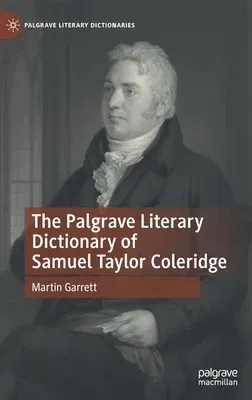Martin Garrett
(Author)The Palgrave Literary Dictionary of Samuel Taylor Coleridge (2022)Hardcover - 2022, 26 November 2022

Qty
1
Turbo
Ships in 2 - 3 days
In Stock
Free Delivery
Cash on Delivery
15 Days
Free Returns
Secure Checkout

Part of Series
Palgrave Literary Dictionaries
Print Length
210 pages
Language
English
Publisher
Palgrave MacMillan
Date Published
26 Nov 2022
ISBN-10
3031155718
ISBN-13
9783031155710
Description
Product Details
Author:
Book Edition:
2022
Book Format:
Hardcover
Country of Origin:
NL
Date Published:
26 November 2022
Dimensions:
23.39 x
15.6 x
1.42 cm
Genre:
19th Century
ISBN-10:
3031155718
ISBN-13:
9783031155710
Language:
English
Location:
Cham
Pages:
210
Publisher:
Weight:
498.95 gm